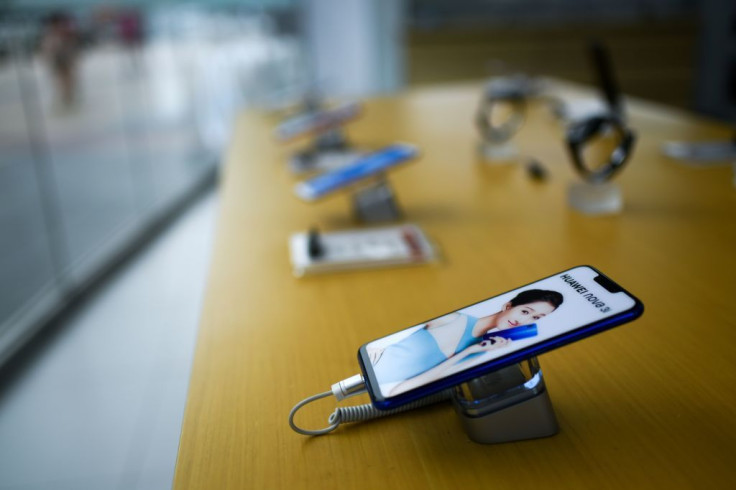Meet 'Harmony' -- Huawei Names Android OS Replacement in Europe

"Harmony" it's not a name like Oreo, or Apple Pie, or anything from Android's book, but it could be Huawei's future operating system. The world's second-largest phone maker has recently filed a trademark application with the European Union Intellectual Property Office, requesting to register the name for its mobile and computer operating systems.
While Huawei is still facing an uncertain future because of the U.S.-China trade wars, the company seems to be working on its exclusive OS.
The application dated July 12, 2019, described it as "downloadable operating system programs; Recorded operating system programs; Mobile operating systems; Computer operating systems."
We can deduce "Harmony" might be more than a mobile platform as it shows that the name can either be used for computer or mobile operating systems. It hints that the Chinese company is attempting to create a cross-platform OS that's compatible with both smartphones and computers.
Huawei has already said that it is expediting its efforts to own a backup OS. In case of a future split between Google's Android system and Microsoft's Windows, the company will be ready to unveil its standalone operating system.
Historically speaking, other companies have tried to run their own operating systems, but they have all failed. It'll be interesting to see what Huawei will do with the new OS, but experts aren't that worried because of the brand's global popularity.
Earlier this year, rumors indicated that the Chinese company is creating a new operating system called "Hongmeng." As it turns out, the OS is primarily developed for IoT devices that will reduce latency.
Company chairman Liang Hua said that Huawei still prefers to use Google's operating system, despite reports that "Hongmeng OS" is 60 percent faster than Android. But the chairman stressed that the OS was not developed for smartphones.
Recently, the U.S. has eased its restrictions on Huawei. The American government has facilitated license approval for products and services that do not pose a threat to national security.
Currently, Huawei still has access to the Android Open Source Project (AOSP). It is freely available, but without a license granted by the U.S. government, the company cannot offer services from the Android ecosystem. Users won't be able to use the Google Play Store, Gmail, and YouTube apps.
Hopefully, both countries can reach a mutual understanding or else it would be, goodbye Android and welcome "Harmony."
© Copyright IBTimes 2024. All rights reserved.





















